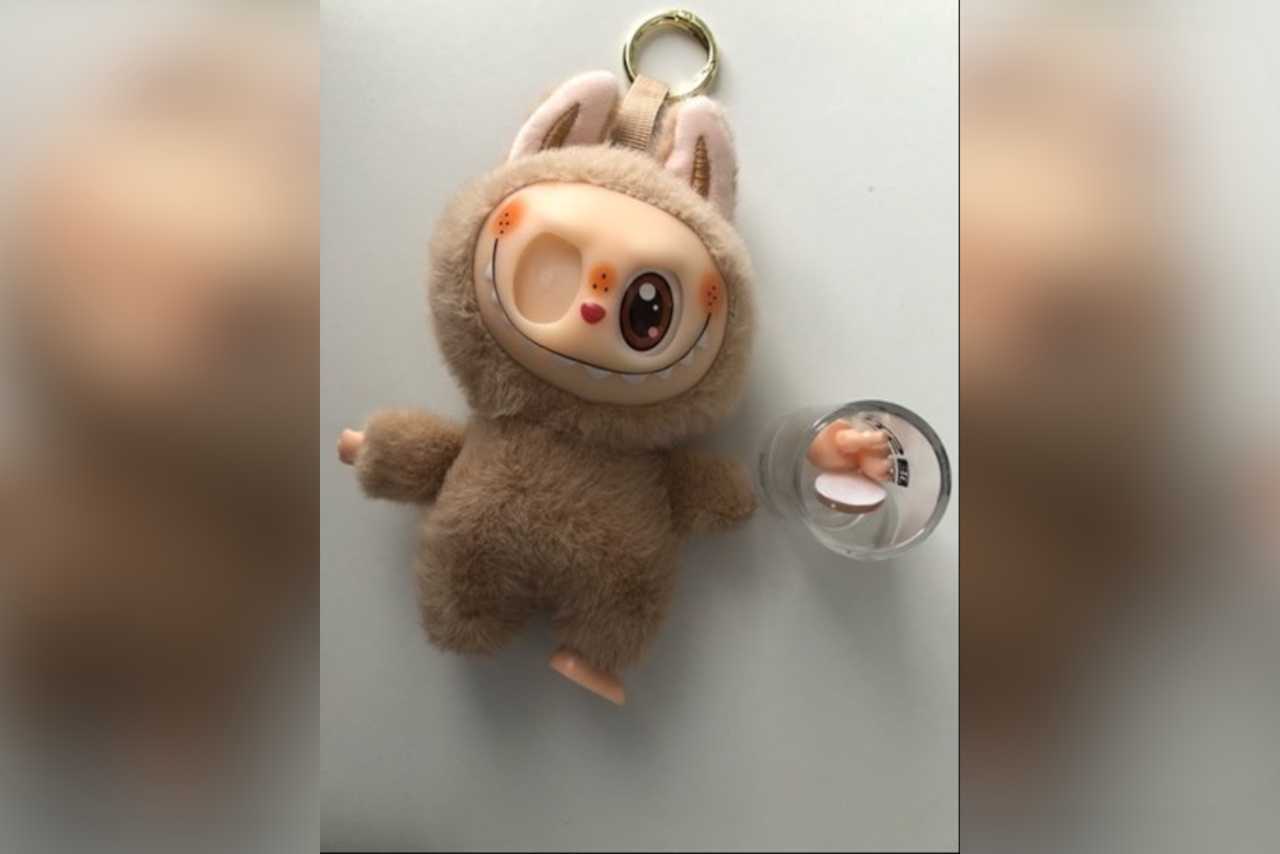
By Chris Spiker From Daily Voice
Federal regulators are issuing an "urgent safety warning" about counterfeit Labubu dolls, which can break and pose choking hazards to children.
The Consumer Product Safety Commission gave the warning about the fakes commonly referred to as "Lafufus" on Monday, Aug. 18. The counterfeit Lafufus can be found in stores and online.
The dolls, which are sold as plush figures and keychains, are small enough to fit entirely in a child's mouth. According to the CPSC, some counterfeits break apart easily, releasing small pieces that can lodge in a child's throat.
Thousands of knockoffs have already been seized at US ports after arriving from China in violation of federal safety standards.
"These fake Labubu dolls are dangerous, illegal, and have no place in American homes," said CPSC acting chair Peter Feldman. "No parent should have to wonder if a toy will stop their child from breathing. Protect your children and buy only from reputable sellers."
Authentic Labubu dolls are made by Pop Mart and include holographic stickers, QR codes linking to the company's website. Newer models also have an ultraviolet stamp on one foot.
The CPSC said collectors should watch out for signs of fake Labubus. Those include extreme discounts, overly bright colors, or dolls with the wrong number of teeth.
Labubus are known for their wide grins and furry bodies. The dolls have become a global sensation since Hong Kong artist Kasing Lung teamed up with Pop Mart in 2019, NPR reported.
The figures are often sold in "blind boxes" for $27.99, with rare versions reselling online for more than $100. Fans often clip the toys to bags or belt loops, with pop stars Dula Lipa and Rihanna among the celebrities spotted with Labubus.
Federal law prohibits toys from being sold or imported if they don't meet the CPSC's standards. Regulators in the United Kingdom recently issued a similar warning about "Lafufus."
US customers can report incidents or product problems at SaferProducts.gov.

 Daily Voice
Daily Voice
 The Baltimore Sun
The Baltimore Sun The List
The List The Hill
The Hill CBS News
CBS News 5 On Your Side Sports
5 On Your Side Sports America News
America News